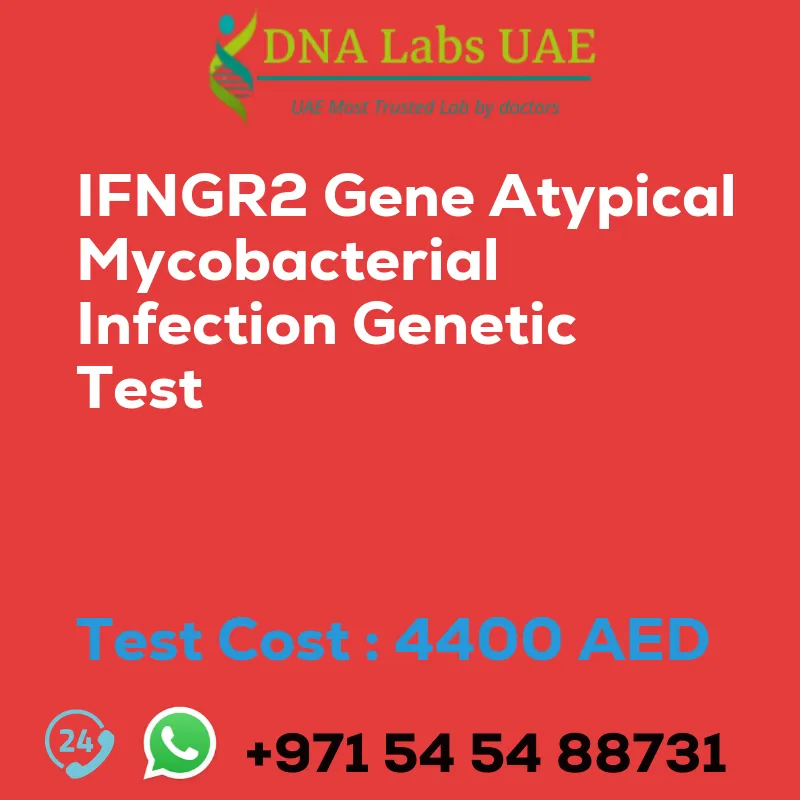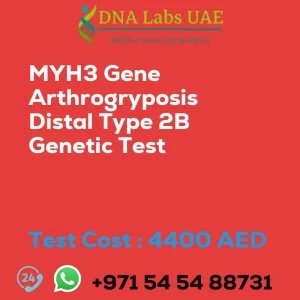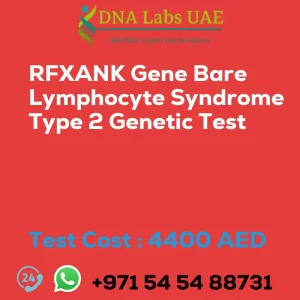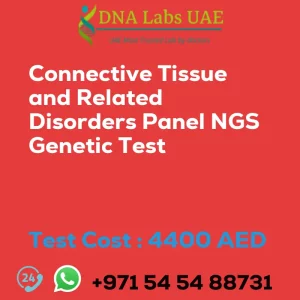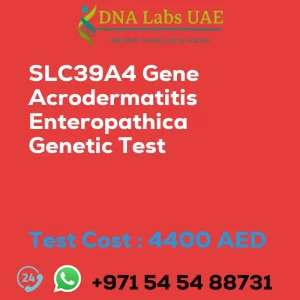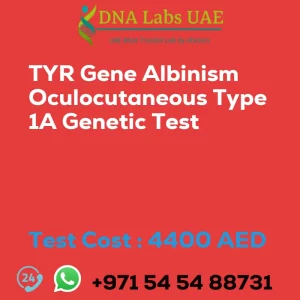IFNGR2 Gene Atypical Mycobacterial infection Genetic Test
Components: IFNGR2 Gene Atypical Mycobacterial infection Genetic Test
Price: 4400.0 AED
Sample Condition: Blood or Extracted DNA or One drop Blood on FTA Card
Report Delivery: 3 to 4 Weeks
Method: NGS Technology
Test Type: Osteology Dermatology Immunology Disorders
Doctor: Dermatologist
Test Department: Genetics
Pre Test Information: Clinical History of Patient who is going for IFNGR2 Gene Atypical Mycobacterial infection NGS Genetic DNA Test. A Genetic Counselling session to draw a pedigree chart of family members affected with IFNGR2 Gene Atypical Mycobacterial infection NGS Genetic DNA Test gene IFNGR2
Test Details: IFNGR2 (Interferon Gamma Receptor 2) is a gene that encodes a protein involved in the immune response to infections, particularly those caused by mycobacteria. Mutations in the IFNGR2 gene can lead to a loss of function or reduced expression of the protein, resulting in an increased susceptibility to atypical mycobacterial infections. NGS (Next-Generation Sequencing) genetic testing is a powerful tool used to analyze multiple genes simultaneously and identify genetic variations that may be associated with certain diseases or conditions. In the context of atypical mycobacterial infections, NGS genetic testing can be used to identify mutations or variations in the IFNGR2 gene that may contribute to an individual’s susceptibility to these infections. By analyzing the entire coding region of the IFNGR2 gene, NGS can detect both common and rare genetic variations that may be missed by other genetic testing methods. This information can be helpful in diagnosing individuals with atypical mycobacterial infections and guiding treatment decisions. It is important to note that NGS genetic testing is typically performed by a healthcare professional or genetic counselor, and the results should be interpreted in the context of the individual’s clinical presentation and family history. Genetic testing alone cannot provide a definitive diagnosis or predict the severity of the condition, but it can provide valuable information to guide medical management and genetic counseling.
| Test Name | IFNGR2 Gene Atypical Mycobacterial infection Genetic Test |
|---|---|
| Components | |
| Price | 4400.0 AED |
| Sample Condition | Blood or Extracted DNA or One drop Blood on FTA Card |
| Report Delivery | 3 to 4 Weeks |
| Method | NGS Technology |
| Test type | Osteology Dermatology Immunology Disorders |
| Doctor | Dermatologist |
| Test Department: | Genetics |
| Pre Test Information | Clinical History of Patient who is going for IFNGR2 Gene Atypical Mycobacterial infection NGS Genetic DNA Test. A Genetic Counselling session to draw a pedigree chart of family members affected with IFNGR2 Gene Atypical Mycobacterial infection NGS Genetic DNA Test gene IFNGR2 |
| Test Details |
IFNGR2 (Interferon Gamma Receptor 2) is a gene that encodes a protein involved in the immune response to infections, particularly those caused by mycobacteria. Mutations in the IFNGR2 gene can lead to a loss of function or reduced expression of the protein, resulting in an increased susceptibility to atypical mycobacterial infections. NGS (Next-Generation Sequencing) genetic testing is a powerful tool used to analyze multiple genes simultaneously and identify genetic variations that may be associated with certain diseases or conditions. In the context of atypical mycobacterial infections, NGS genetic testing can be used to identify mutations or variations in the IFNGR2 gene that may contribute to an individual’s susceptibility to these infections. By analyzing the entire coding region of the IFNGR2 gene, NGS can detect both common and rare genetic variations that may be missed by other genetic testing methods. This information can be helpful in diagnosing individuals with atypical mycobacterial infections and guiding treatment decisions. It is important to note that NGS genetic testing is typically performed by a healthcare professional or genetic counselor, and the results should be interpreted in the context of the individual’s clinical presentation and family history. Genetic testing alone cannot provide a definitive diagnosis or predict the severity of the condition, but it can provide valuable information to guide medical management and genetic counseling. |

